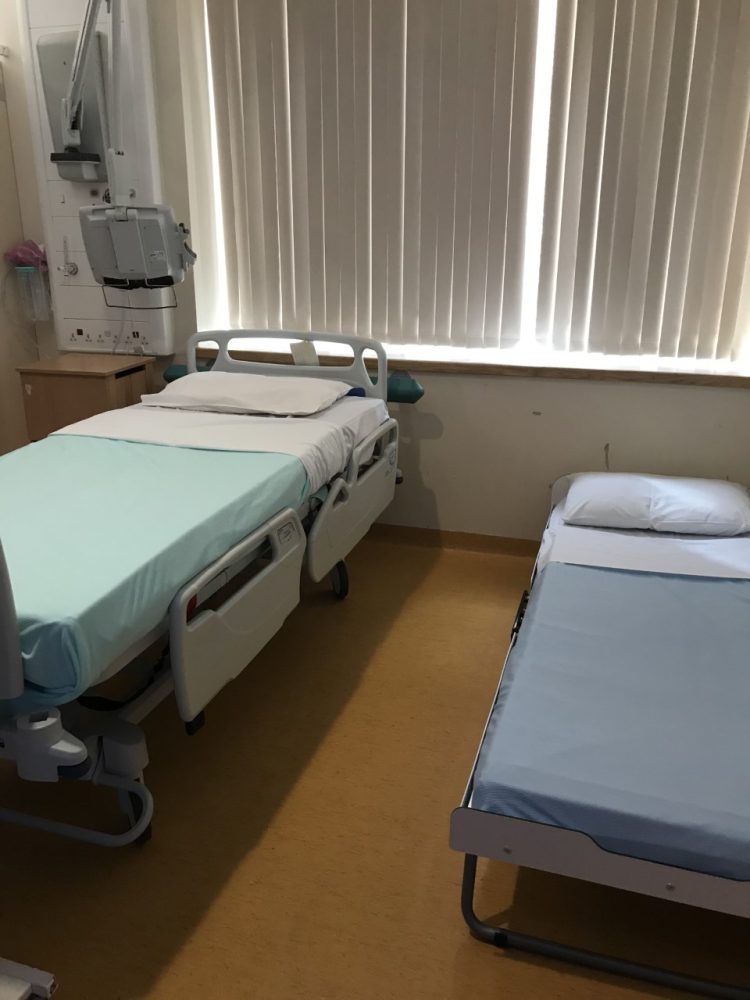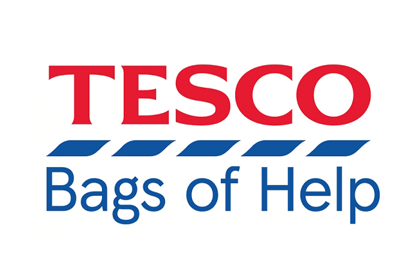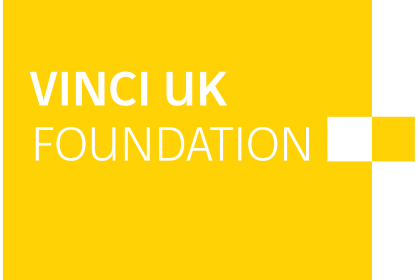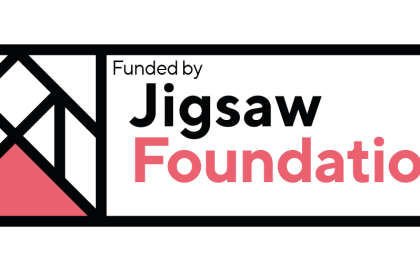Noise in hospitals, whether from loud voices, televisions or banging doors, can be an issue for both patients and staff, especially at night. Better sleep is well-documented as leading to reduced stress levels and faster recovery from illness, which results in children being able to go home earlier.
The SoundEar Noise Warning Sign is a wall-mounted sign that lights up when noise levels become too high and reminds everyone to keep the noise down. The presence of the sign is usually enough to remind people that noise is an issue, without anyone having to complain. SoundEars are commonly used within intensive care and neonatal units.
The medical team at Royal Preston Hospital want to purchase two SoundEars for the children’s ward, allowing staff on the ward to keep track of noise levels and improve the wellbeing of young patients and their families. This small but impactful project will benefit up to 30 children on the ward each night









